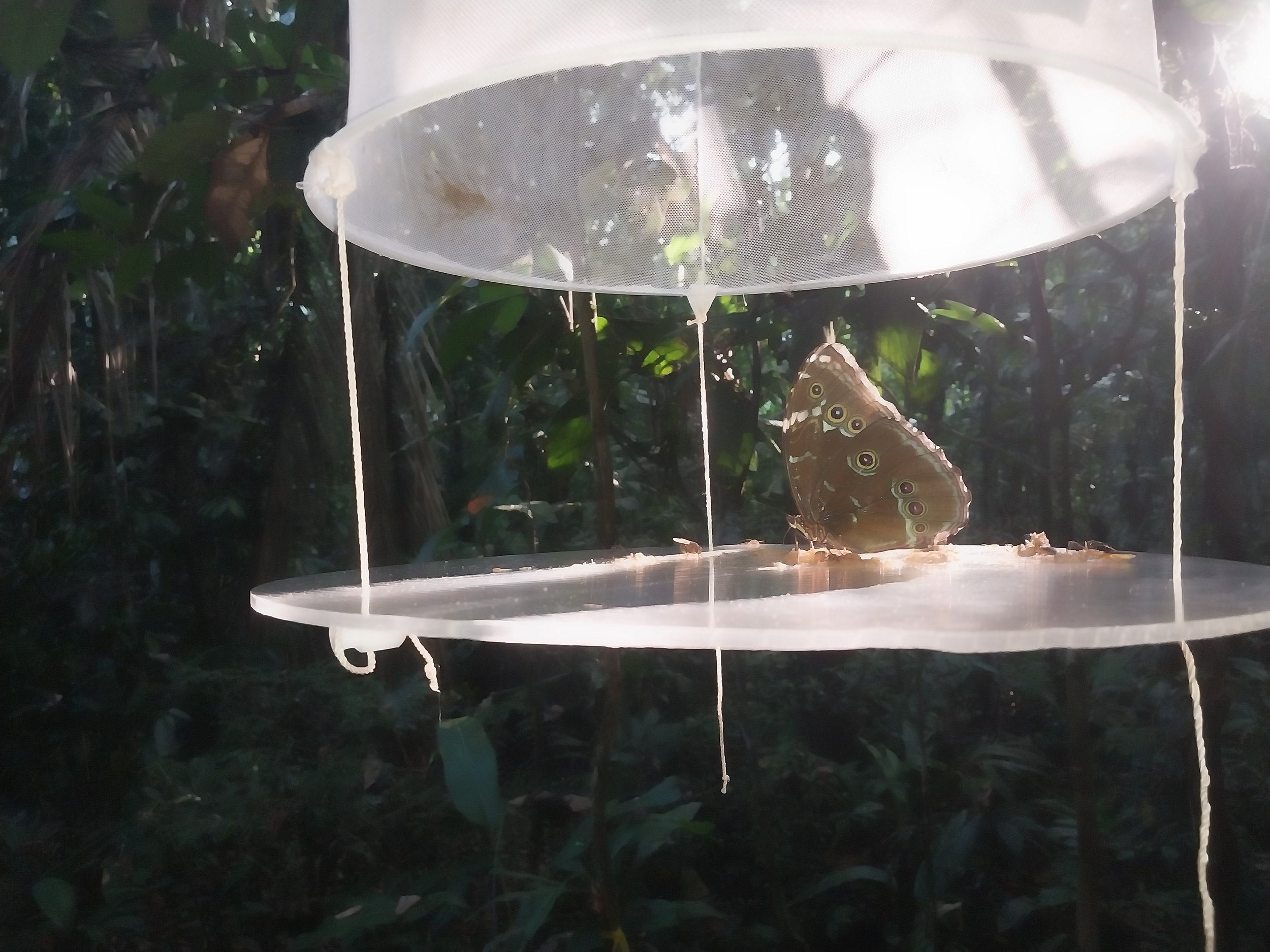IF YOU ARE INTERESTED IN THIS TRIP, please get in contact with devon@projectamazonas.org as early as possible.
This expedition will explore one of the least-known biological hotspots in the Peruvian Amazon. The Tapiche and Blanco Rivers are some 400 km SW of the city of Iquitos, and home to the largest expanse of white-sand habitats, extremely rare open savanna, and extensive wetlands. The area is home to Amazonian manatees, giant otters, globally endangered red uakari monkeys, the largest known colony of agami herons (over 15,000 nests!), and some extremely rare birds, including harpy eagles and azure gallinules. The remoteness of the region and long-term protection of the site means that mammal and large bird abundance is very high, and that animals don’t demonstrate the fear of people that they do in areas where they have been hunted or otherwise persecuted.
This will not be your ordinary ecotour trip. It will be a combination ecotour and working trip to upgrade or build facilities at the Tapiche Reserve, while having a platform to explore unique habitats and landscapes. You can expect to be woken at dawn each day by a deafening chorus of surround-sound howler monkeys, and to have your attention distracted throughout the day by groups of red-and-green, scarlet, and blue-and-yellow macaws flying over. And that is just for a start. We’ll plan on visiting a floodplain lake where there is good opportunity to see giant otters, white and black caimans, river turtles and numerous bird species. We’ll visit stunted and nearly impenetrable forest on nutrient poor while sands - these forests have a unique fauna and flora unlike anything you’ll find elsewhere in the region. And we’ll also do some fishing in some of the poorest blackwater creeks that have been recorded in Peru, and out of which have come numerous new fish species. To read much more about the area, check out the Field Museum report on the Tapiche & Blanco Rivers. The first half is in Spanish, the 2nd half is in English.
Due to the distances, we’ll also spend a lot of time traveling, but fortunately the bird life along the rivers is abundant, and both pink and gray river dolphins will be very regularly encountered, so there will be distractions!
Our base for the trip will be the comfortable riverboat M/F Esperanza with cabin space for 16 passengers, as well as the on-land facilities at the Tapiche Reserve itself. A dedicated “fish room” with an aeration system and bins, shelving, and coolers will allow participants interested in fish to manage and care for them while on board.
12 Oct (Thu): Our riverboat and crew will depart Iquitos on Thursday 12 October, to start the approximately 24 hour (running time) trip to the town of Requena, at the mouth of the Tapiche River. Once there, the crew will purchase various building materials and supplies for the work at the Tapiche Reserve.
14 Oct (Sat): Participants should plan on arriving in Iquitos on the afternoon/evening of Saturday 14 October. We’ll have dinner together and then retire early since the following morning will have a very early start.
15 Oct (Sun): At 4:30 AM, we’ll board a bus taking us from Iquitos to Nauta, a port on the Marañon River - a distance of about 95 km (by riverboat, that would take 12 hours). About 7 AM, we’ll board speedboat in Nauta to take us on to Requena, arriving there at about 11 AM. Once in Requena, we’ll board our Esperanza riverboat for the rest of the journey to the Tapiche Reserve, arriving sometime near midnight. Traveling by night will be your first opportunity for spotting caimans, potoos, kinkajous, night monkeys, prehensile-tailed porcupines (they exist!), owls, numerous fishing and other bats, and who knows what else.
16-22 Oct: For the next seven days, we’ll split time between working on the facility and doing some fun exploring of the area. Work activities will include some construction, trail creation and maintenance, monitoring of camera traps, mapping, screening, and light electrical and plumbing work. Our regular crew will be complemented by additional workers from the closest communities who will have the opportunity to make some good cash (hard to come by in remote areas), while also developing some good construction skills.
23 Oct (Mon): The Esperanza will depart early in the AM to begin the long trip back to Iquitos. Participants will be transferred to Nauta when the Esperanza reaches the junction of the Ucayali and Marañon Rivers, and will continue on to Iquitos by bus (2 hours) with a late arrival in Iquitos. The Esperanza would take another 12 hours to reach the city. If there are participants who might wish to do the long river trip (either up and/or downriver) with the Esperanza, that is certainly possible; we’d assess a small additional amount for food.
24 Oct (Tue): Participants would be free to depart to Lima and points onward anytime during the day on the 24th.
Cost: $2,800/person, of which $2000 would be payable directly to Project Amazonas and would be tax-deductible for US taxpayers. Two nights lodging in Iquitos is included, as well as airport transfers, ground and river transport, all meals while on the Esperanza and some meals in Iquitos, and crew services.
For this expedition, we encourage fund raising efforts such as “go-fund-me”, and Project Amazonas will also set up a donation page where donors can support the trip and receive automatic tax receipts for their contributions.
If there are participants interested in taking fish back to the USA, those costs would be a separate expense, and will depend on airfreight costs, the number and weight of boxes of fish, and their final destination.






















